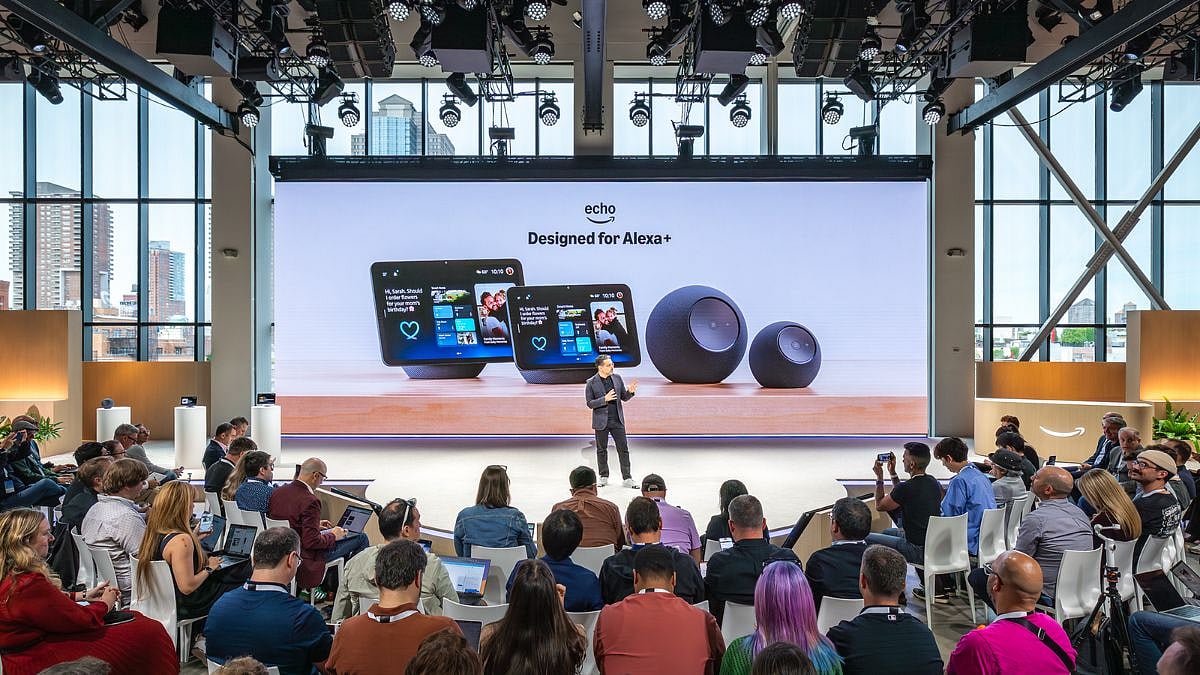OpenAI, the artificial intelligence company known for ChatGPT, is preparing to introduce its own web browser in the coming weeks, according to Reuters. The new browser, which will be built on Chromium—the same open-source foundation used by Google Chrome and Microsoft Edge—reflects OpenAI’s growing efforts to embed AI more deeply into everyday digital experiences. The name of the new browser is not known, but its likely to compete with the very popular Google Chrome.
Rather than offering just a traditional browsing experience, OpenAI’s browser will reportedly feature a ChatGPT-style interface designed to keep certain user interactions within the AI environment. This could include summarising web content, completing tasks like filling out forms, or performing simple actions on behalf of users—all without needing to navigate away to multiple tabs or websites.
The project is part of OpenAI’s broader strategy to integrate its AI services across both personal and professional use cases. By developing its own browser, OpenAI would gain more control over user interaction data, which could enhance the performance of its AI agents while also supporting product development.
Sources say the browser may offer tight integration with OpenAI's existing tools, such as its upcoming AI assistant “Operator,” allowing users to perform web-based tasks like booking appointments or conducting searches more efficiently.
Despite its potential, OpenAI’s browser will enter a competitive space. Google Chrome currently leads the global browser market with over 3 billion users and more than a 65 percent market share, according to StatCounter. Other companies like Perplexity, Brave, and The Browser Company have also launched AI-enabled browsers, aiming to reimagine how users interact with the web.












